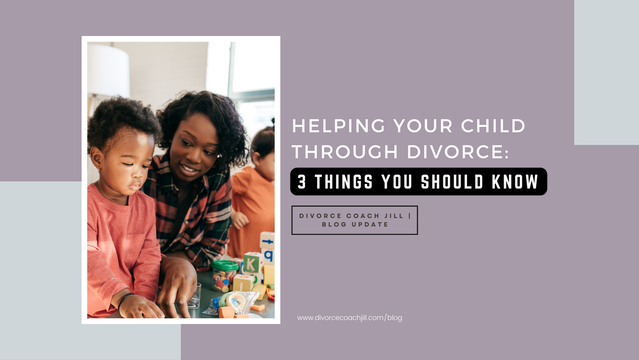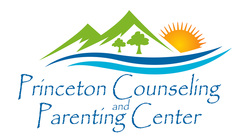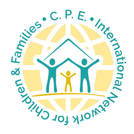|
The effects of divorce can be devastating for children. Children of divorce are more likely to struggle academically, mentally, and in their relationships. They frequently have feelings of betrayal, anger, and sadness. While some children can overcome these obstacles, others may struggle well into adulthood.
The good news is that there are several things parents can do to help their children through the process so that they are protected from the negative consequences of divorce. Here are three crucial things to keep in mind. Explain What’s Happening in Your Family in Age-Appropriate Terms and Listen to What Your Children Have to Say Telling your children that you’re getting divorced is one of the most difficult conversations you can have. It’s important to tell your children together with their other parent about the divorce. Create a script together so that you both agree on what to say. Avoid blaming either parent and instead emphasize that both parents still love them very much. You can help your children understand and cope by explaining that sometimes couples grow apart and sometimes they should live apart. Let your children know how their lives will change. Children are primarily concerned about themselves and focusing on how their lives will be impacted is helpful. Let them know how their lives will be the same and what may change. Encourage your children to ask questions and provide answers to their questions. Only provide details that are absolutely necessary for them to know. Younger children don’t need to know much about why the marriage is ending. Tell them simple, concrete terms - for example, which parent will move out, where they’ll live, what school they’re going to, etc. Older children may want to know more details about the divorce but it’s not necessary to go into too much detail. You can say that you tried to work to make things better. You can reassure them that you both will continue to work together to be there for them. It’s important to allow your children time to process their feelings. Don’t push them to talk. Instead let them know that you’re available to them any time they feel like talking. Check in with them in the next few hours after you tell them and continuously over the next days, weeks and months. Children react differently, with some children having emotional reactions at different times. The relationship between you and your spouse while you’re going through divorce has an impact on your children. Even if you and your spouse get along in front of your children during your divorce, your kids can still sense if there's tension. They may become anxious themselves or even start to act out. It’s important to maintain a consistent routine, communicate openly with your kids, and to be understanding of their feelings. It's also important to avoid putting your kids in the middle of any arguments. This will help your kids feel more secure during this time of change. Make Co-Parenting A Success Co-parenting is when both parents share the responsibility of raising their children even though they’re separated or they don't live together. Children have to deal with their parents separately which is very different from what happens in an intact family. They’ll be living in two different homes and having two different sets of rules. They may feel different from their friends and may be ashamed of being in a divorced family. Parents must work together and focus on their children. Children require patience, love, and support from both of their parents. Parents need to put their own feelings aside and communicate with each other about the children’s schedule, how the children are doing emotionally, and how they can work together to support their children through this. There are steps you can take to help protect your child from feeling caught in the middle of arguments.
Think of your children’s other parent as a colleague or coworker who you need to work with for the good of your child. Don’t discuss past emotional issues. Focus on the present and future in your discussions in a non-emotional manner. Working With A Therapist Can Help Children of divorce can benefit greatly from seeing a therapist. In individual therapy, they're more likely to feel safe expressing their authentic selves and discussing the hurtful feelings they may have towards their parents. They may also feel more comfortable discussing complex topics, such as their fears and anxieties, with a therapist than with their parents. Furthermore, a therapist can provide children with tools and resources to help them cope with the challenges of divorce. Final Words Divorce is never easy, but with the right tools and support, you can help your child through it. Your child's emotions are valid. No matter what your child may say, they are going through a lot of change and upheaval during a divorce. It's important to validate their feelings and let them know it's okay to feel the way they do. They need your support now more than ever. We hope these tips have given you a good starting place as you begin to navigate this difficult time. |
AuthorJill Barnett Kaufman, MSW, LCSW and Certified Parent Educator is an experienced clinician who helps clients discover new ways to resolve a variety of challenges and bring more happiness and peace into their lives. Archives
November 2023
Categories
All
|
|
If you are in crisis or in need of emergency assistance, please call 911. |
|



 RSS Feed
RSS Feed


